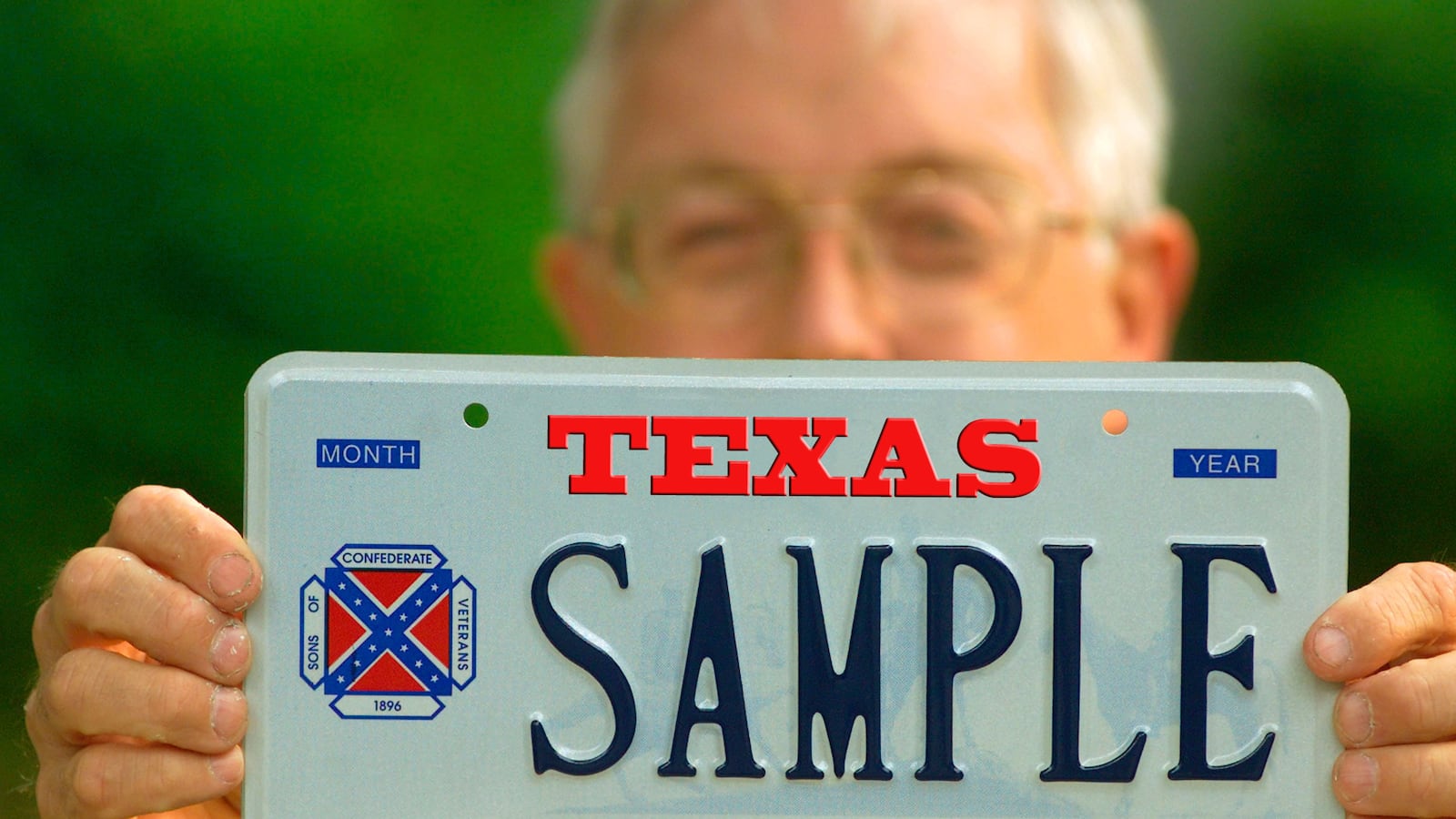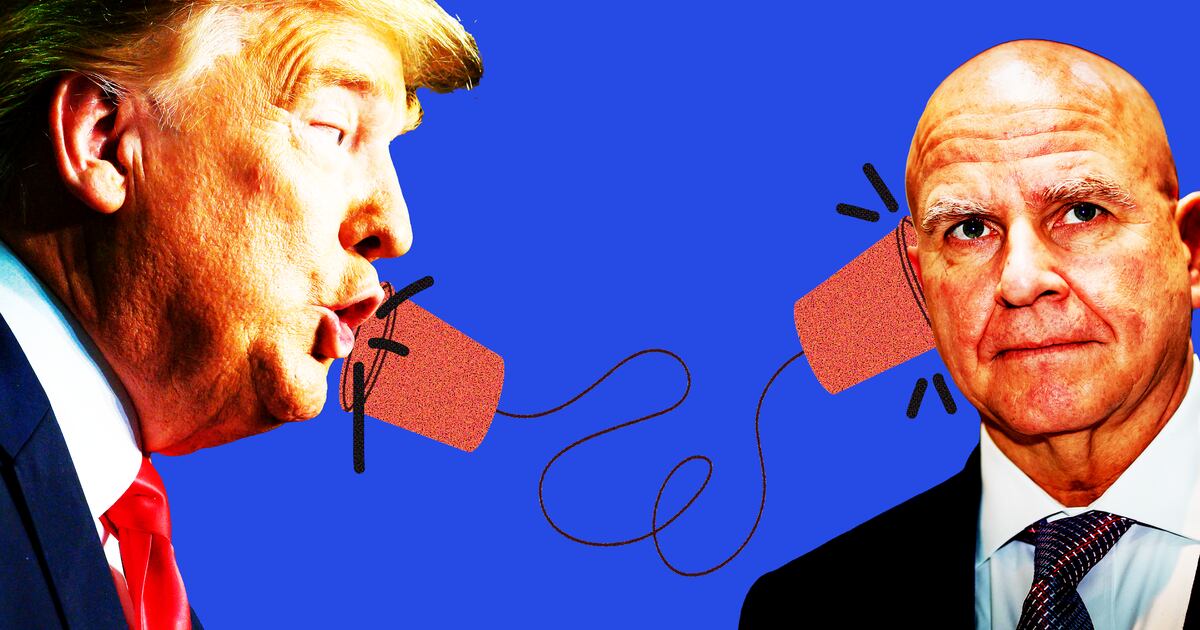In my childhood home in Moss Point, Mississippi, two small, vividly colored Confederate flags hung over my bedroom door. I saw them every morning when I awoke and every evening when I climbed into bed. I didn’t know anything about the history of the flags, but I loved the red and blue colors. As I grew and started to follow football, I associated the flag with the great Ole Miss football teams of the ’40s and ’50s. And as a teenager, when I heard the term “Johnny Rebel,” I naively assumed the reference was to Johnny Vaught’s Ole Miss Rebel football squad.
Those of us who grew up in the white South, and particularly Mississippi, were so accustomed to Old South songs and sights and symbols during sporting events that the origins of the emblems weren’t carefully considered. Nor was the pain they caused others.
When I became chancellor at The University of Mississippi in 1995, enrollment was declining and I wanted to know why. Harold Burson, president of Burson-Marsteller, the world’s largest public relations firm, was an Ole Miss alumnus. We hired the firm to conduct an image survey.
Among those surveyed, most still perceived Ole Miss as a “racist” institution. And most of them associated the Confederate flag with the school. Since 1962, the Confederate flag had been adopted by the Ku Klux Klan, skinheads, and Neo-Nazis. Worldwide, the flag had become a symbol of hate, particularly among those groups that held negative feelings about black people. The survey clearly confirmed our earlier unscientific conclusions about how we were perceived. The results were clear. Among our symbols, songs, mascots, and names, the Confederate flag was by far the most damaging to us.
READ MORE: Rebels Rise Again Over Flag Banning by Robert Khayat
I made a firm commitment to change these perceptions by addressing the most detrimental representation associated with our university—the Confederate flag.
However, we had a challenge. Owning and displaying any flag was the right of every U.S. citizen. And that right was protected by the First Amendment to the Constitution of the United States.
The State of Texas faces a similar issue fighting a Southern heritage group that has won court approval to sell official, state-issued Confederate flag license plates. The Texas attorney general’s office is seeking a hearing before the U.S. Fifth Circuit Court of Appeals. The AG’s office has mentioned they are willing to take the case all the way to the Supreme Court.
Constitutional law experts have weighed in on the issue… and most believe Texas has little chance of winning a First Amendment battle in the courts. As a former law professor, I tend to agree.
But there is another way.
During 1997, my frustration grew. Ole Miss students and alumni continued to wave the Confederate flag in spite of our attempts to distance ourselves from the symbol. But I could not do anything that violated a First Amendment right. Freedom of speech, press, and expression were dear to me. Individuals certainly had the right to express themselves. What our fans didn’t realize was that when 30,000 individuals express themselves, that expression represents the institution.
Our leadership team met regularly to think of ways to convince our fans to stop waving the Confederate flag. We tried talking to influential alumni. We tried education. We asked coaches to spread the word to fans. Then, in one of the meetings, someone nonchalantly suggested, “Why don’t we just ban sticks?”
The idea seemed like such a simple solution. Surely, I thought, it couldn’t be this easy.
With input from the university attorney, we developed a policy based on banning sticks. We thought it was a policy we could enforce. First, in the interest of safety, we extended the ban on umbrellas to cover all sticks and pointed objects at Ole Miss sporting events—including umbrellas, flag sticks, and even corndog sticks.
In the interest of fan enjoyment, we included more items in the “banned” category—alcoholic beverages, banners, and flags larger than 12-by-14 inches.
The policies were all about public safety and enjoyment. They had nothing to do with an individual’s right to expression. The following week, we issued a public statement about the new policies. And at the next football game, the flags disappeared.
The policies have withstood two court challenges.
A solution for the State of Texas may be more complex or elusive. But considering the fact that our courts will almost always uphold an individual’s right of expression—regardless of how insensitive or emotionally hurtful the display may be to others—creative solutions from public officials may be the only answer for the State of Texas.
***
During Robert Khayat’s tenure at The University of Mississippi, enrollment grew by 43.6 percent; minority enrollment grew by 78.5 percent. The schools endowment grew from $114 million to $472 million. The 2009 book Higher Education? How Colleges Are Wasting Our Money and Failing Our Kids ranked Ole Miss (along with MIT and Notre Dame) as one of the top three values in higher education.
Khayat’s memoir, The Education of a Lifetime, was a New York Times bestselling education book and was recently awarded a silver IPPY award for best memoir in the nation from a small press.





